
 Instagram
Instagram
Can I get over the counter birth control pills?

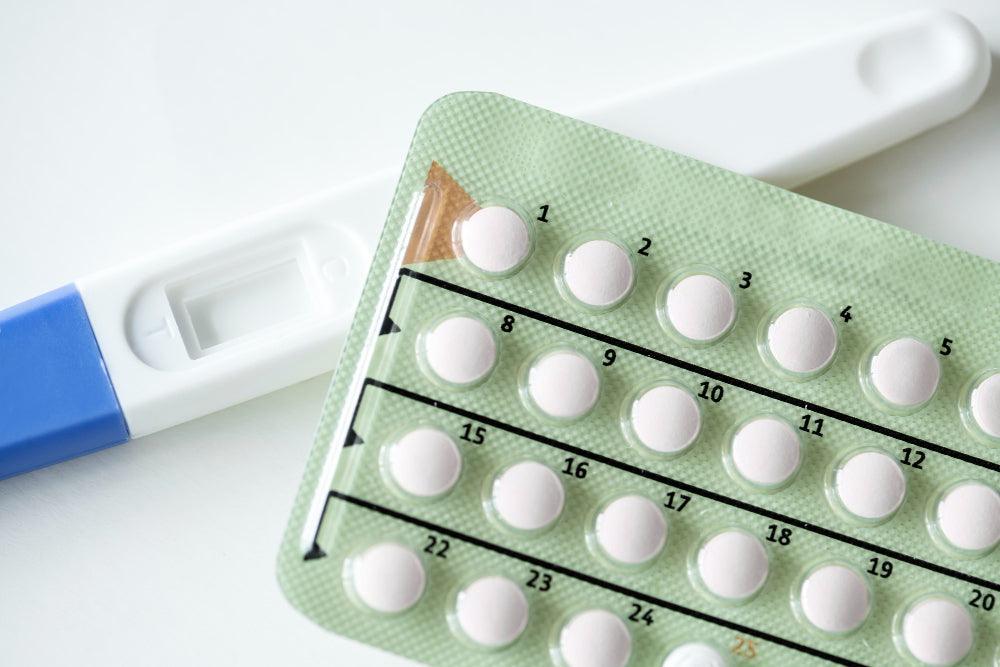
Related products
What is an over-the-counter medicine?
Over-the-counter medicine (OTC medicine) is a medicine you can purchase and use without a doctor's prescription. The use of OTC medicine is discouraged throughout the world. Pharmacies in the UK will demand a physician's prescription before giving you the desired drugs. But what about contraceptives? Are they available over the counter, or do you need a similar prescription for them? If 'yes,' what is the rationale for over-the-counter access? Who will provide essential women's health services concerning the use of oral contraceptives?
To answer these questions, first, you must understand what contraceptives are and how they work.
What are contraceptives?
Contraceptives are drugs that are used to avoid unplanned pregnancies. These drugs exert their influence by:
- Thickening the cervical mucus which hinders the flow of sperms
- Preventing ovulation, i.e., the release of the egg from the ovary
- By thinning the walls of the uterus, making it unfit for the attachment of the foetus.
These birth control pills either have a combination of oestrogen and progesterone or oestrogen alone (minipills) or their synthetic analogues. These pills constitute the most favoured birth control method as, according to Statista, 29% of women in the UK prefer to use birth control pills for family planning. Oral contraceptives are globally used for birth control.

Are oral contraceptives available over the counter?
The answer is "yes." Since July 2021, the Medicines and Healthcare Products Regulatory Agency (MHRA) has allowed progestogen-only minipills to be available over the counter throughout the country. This move was made to increase women's access to safe oral contraceptive pills and protect users' privacy.
What's the rationale for allowing over-the-counter access?
Over-the-counter availability of these may be surprising for you. Similar was the case with British society. Various opinions exist, but the majority of people have supported the approach. The chief executive of the MHRA has defended the move with the following arguments:
- In routine situations, pharmacists have enough knowledge and expertise to advise women about the use of contraceptives. They can provide women with all the necessary information about birth control pills to make informed choices.
- A large number of people have been consulted before concluding. The majority of responses about sexual and reproductive healthcare supported the approach.
- The patients will listen in the future, and their concerns will be accommodated in making the subsequent decisions about the counter status of other safe drugs.
Other arguments of the medical community in support of this move are:
- Failure of contraceptives is due to the inconsistent use of contraceptives. The prescription can be a hindrance for some users. Women can assess their eligibility to use birth control pills themselves through screening tools. No particular expertise is required for this purpose.
- Moreover, the examination of the pelvis and breasts, the screening for cervical cancers, and the screening for sexually transmitted are usually not needed before issuing the hormonal contraceptives. Therefore, the accessibility of oral contraceptives for women is a safe option.
Furthermore, the availability of a safe oral contraceptive pill will protect the patient's privacy and is likely to increase the reproductive freedom of all people of sexual age.
What's the medical community's response to over-the-counter access?
The medical community's decision to allow over-the-counter contraception was generally applauded. The responses of some important figures related to sexual and reproductive health care followings:
- The president of the Royal College of Obstetricians and Gynaecologists, Dr Edward Morris, applauded the decision and called it a huge success for girls and women. He showed his satisfaction that all the women who needed progesterone-only oral contraceptives could access them at local pharmacies without any prescription.
- Michelle Riddalls, the Chief Executive of PAGB, a consumer healthcare association, described it as a significant milestone for girls and women.
- The response of civil society was also affirmative. They pointed out that women's access to emergency contraception pills was limited even before the pandemic. The pandemic worsened the situation, resulting in many women having unplanned pregnancies. The counter, access is likely to address this issue.
- The sexual health experts called on the government to provide free birth control pills to women at community pharmacies without a prescription. Furthermore, they demanded an increase in the number of brands available in the market.
- The public's response was also favourable. The general mood was also in favour of the move due to protests about the use of contraceptives in the United States.
Who will provide essential women's health services?
The next question is, with a variety of contraceptives available in the market, who would advise you to choose a brand? The MHRA has authorised local pharmacists to advise women on these issues. Therefore, you can go to your local pharmacy and choose any approved brand in consultation with the pharmacist. However, if you are already visiting sexual health clinics, you can also take their advice on this issue.
Moreover, the pills available over the counter are progesterone-only pills which usually do not have serious side effects as do the combined oral contraceptive pills.
Choosing a safe oral contraceptive pill
Choosing the right OTC pill may be challenging for you. You should know the types and brands of OTC pills available. It would help if you also had full awareness of the possible side effects of a given contraceptive. However, with experience, you will be able to decide which contraceptive best suits you. Birth control pills fall into two main categories.
Combined pills
These pills contain both oestrogen and progesterone. Progesterone prevents conception, while oestrogen is included to regulate the bleeding—the WHO recommends using combined oral contraceptives to avoid emergency contraception. The over-the-counter availability status of these pills is, however, not clear.
Several brands are available in the market:
The active ingredients in these three pills are Ethinylestradiol and Levonorgestrel. Although they are effective for contraception, their popularity among women is limited due to various side effects, e.g., breast tenderness, nausea, headaches, and a slightly increased risk of breast cancer and blood clots. Moreover, these pills are also not recommended for women over 35 years or who have a smoking habit.
These brands are sold with a claimed efficacy of 99% when used regularly.
Progesterone-only Minipills
These pills contain progesterone only (POP) and are relatively safer. These are currently the only contraceptive pills available over the counter in the market. Two types of progesterone-only medications are sold on the market; progestogen-containing and progestin-containing. Both are synthetic analogues of progesterone.
The brands available are:
These brands are to be used within 3-12 hours of intercourse, and this time is less than a combined oral contraceptive.
Bottom-line
Birth control through oral contraception has reduced the risk of unplanned and emergency contraception. However, the prescription requirement hindered young women's access to these pills. As a result, the progesterone-only pills were given over-the-counter access to increase their accessibility. However, these pills do not protect against sexually transmitted infections. These are also a good choice if you are a smoker or over 35 years of age.
These pills could be used with condoms for protection against sexually transmitted infections. However, according to the British Pregnancy Advisory Service, they have a failure rate of 7%, which is more than contraceptive injection (4%), female sterilisation (0.5%), and contraceptive implant (o.1%), but still better than 13% failure rate of female condoms.
So, if you are in danger of an unplanned pregnancy, visit your nearest pharmacy to see your options for birth control.
To view more information and see our contraception products, click here.
For a full range of blood tests and medications, visit our Welzo Online Pharmacy Page. For more details, click here.
Contraceptive pills & services
- Contraceptive treatment
- Buy rigevidon
- Buy Yasmin combined contraceptive
- Buy Cerazette
- Buy Mercilon
- Buy Cerelle
- Buy EllaOne emergency contraceptive
- Buy Triadene
- Buy Qlaira
- Buy Synphase
- Buy Sunya
- Buy Norgeston
- Buy Levonorgestrel
- Buy Ovranette
- Buy Femodette
- Buy Dretine
- Buy Levonelle
Contraception articles
- Is the morning after pill free?
- Can I get over the counter birth control pills?
- What are the benefits of the progesterone-only pill?
- What's The Difference Between The Combined Pill And The Mini Pill?
- When to take the morning-after pill?
- Natural Contraception Methods
- IUD Coils Explained
- Contraceptive vaginal rings explained
- What is a diaphragm contraceptive?
- What contraceptive is best for me?
- How does the contraceptive pill work?
- What is coil contraception?
- What are contraceptive injections?
- Is it safe to take contraceptives?
- What is the most effective form of contraception?
- Are contraceptive implants safe?
- Are birth control pills safe in the long run?


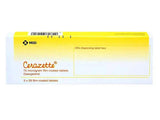
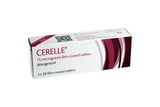



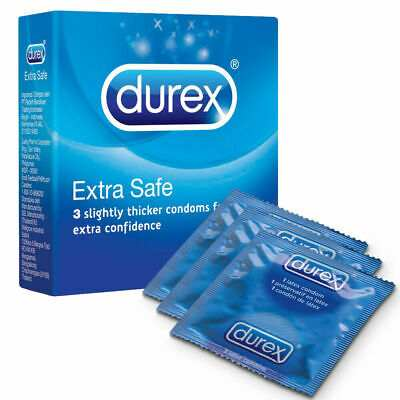



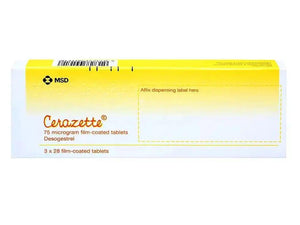
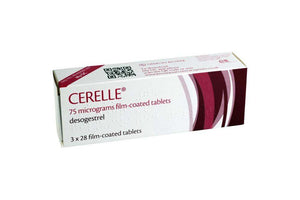

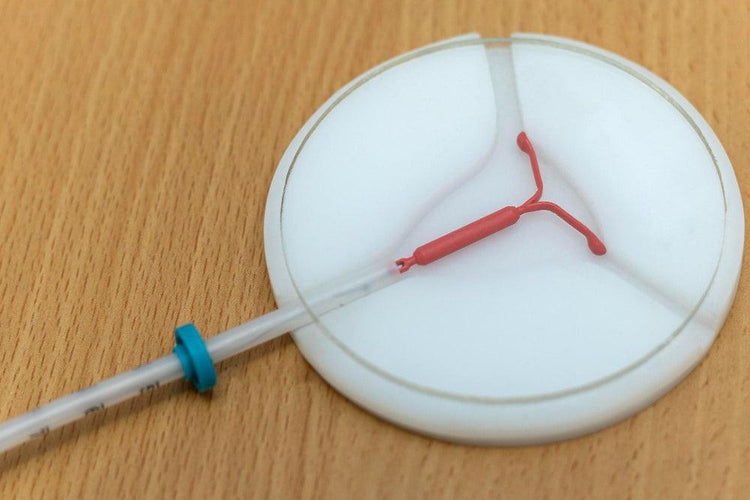




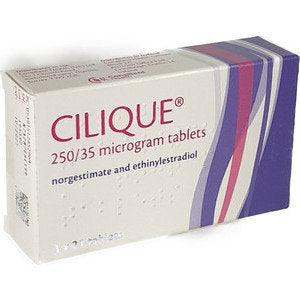



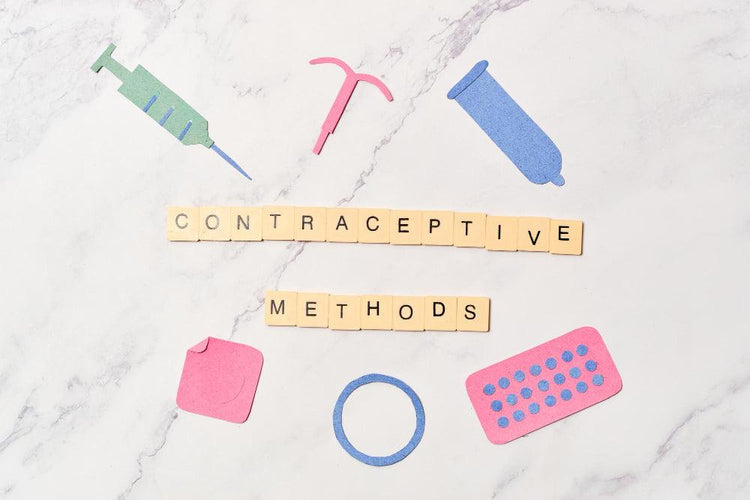
 Rated Excellent by 26,523+ Reviews
Rated Excellent by 26,523+ Reviews